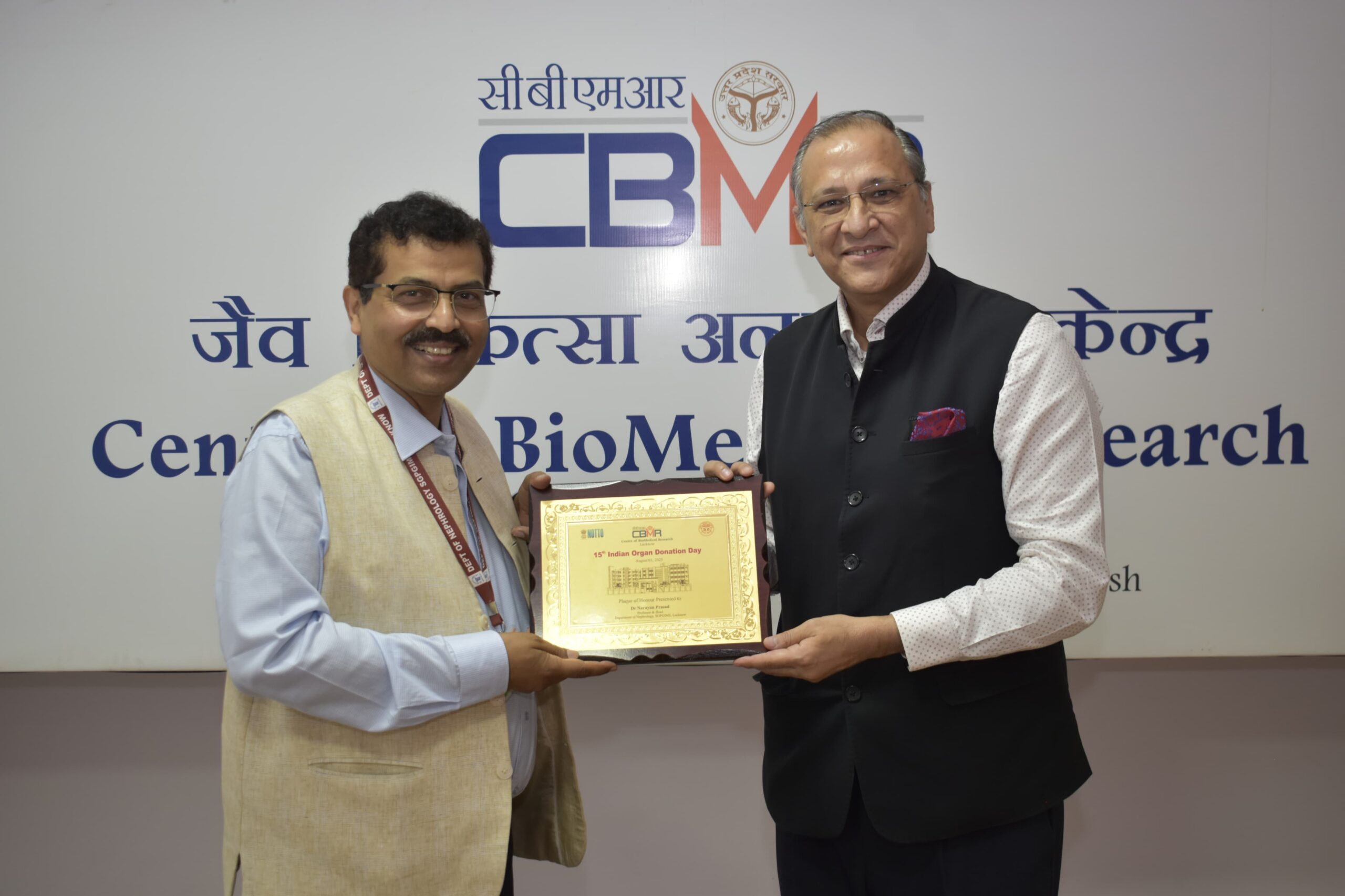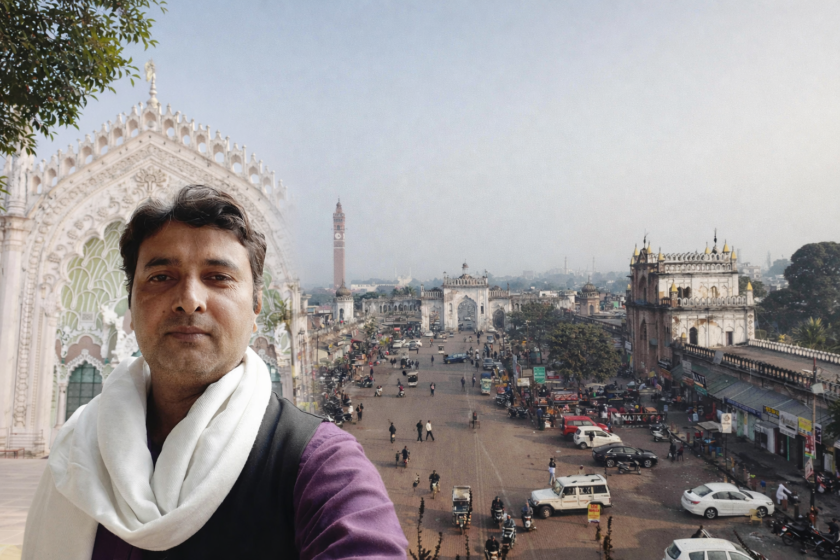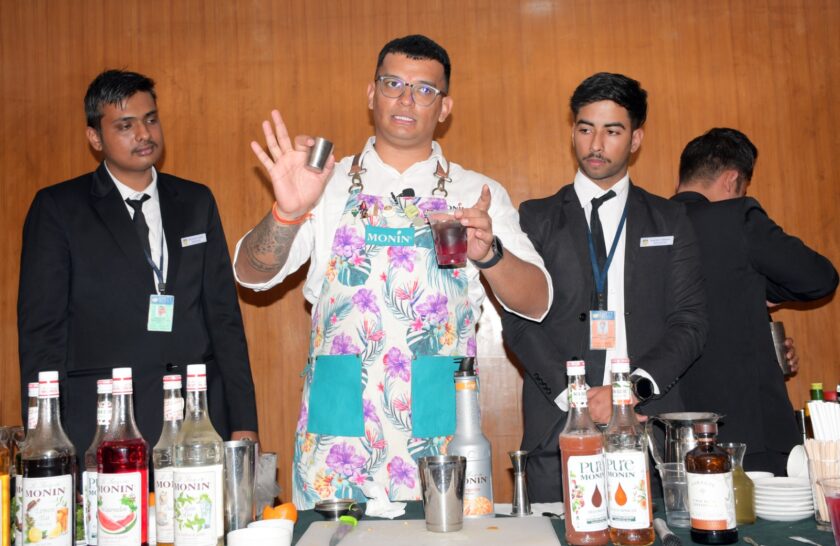Lucknow: Centre of Biomedical Research (CBMR), Lucknow, organized a special lecture as part of the “Organ Donation – Jeevan Sanjeevani Abhiyan”, in accordance with the Ministry of Health and Family Welfare, Government of India, and the Department of Medical Education, Government of Uttar Pradesh. This initiative was inspired by the Prime Minister’s address in Mann Ki Baat encouraging organ donation, and it coincided with the 15th Indian Organ Donation Day.
The event was chaired by Professor Alok Dhawan, Director, CBMR. In his opening remarks, Professor Dhawan emphasized the importance of the program and appealed to all staff members and research scholars to actively participate in this noble cause by pledging to donate their organs and thereby contribute to saving human lives. He also encouraged everyone to register their pledges for organ and tissue donation through the official web portal of the National Organ and Tissue Transplant Organization (NOTTO).
On this occasion, Prof. Dr. Narayan Prasad, Head, Department of Nephrology, Sanjay Gandhi Postgraduate Institute of Medical Sciences (SGPGIMS), delivered a keynote lecture on the topic “Organ Donation: Need of the Hour.”
Professor Prasad highlighted that lakhs of patients die in India every year due to the unavailability of organs for timely transplantation. This is more critical for patients with End-Stage Kidney Disease, whose average life expectancy on dialysis is only 4–5 years if they do not receive a timely transplant.
In his lecture, he shared that as of 2024, India had recorded 1,130 deceased organ donors and 3,152 organ transplants.India ranks 68th among 94 countries in deceased organ donation.There are 941 registered centers under NOTTO, of which 688 are transplant centers.
Uttar Pradesh ranks seventh among all Indian states in this regard.The “One Nation, One Policy” implemented by the Government of India has removed the residency requirement, allowing patients of all age groups to register for organ transplants free of cost.Organ transplantation facilities are available at both advanced government medical institutions and private hospitals. The Government of Uttar Pradesh is proactively working to increase the number of organ transplant centers in the state.Implementation of a standard operating procedure (SOP) for organ transport is being coordinated across seven ministries.

Professor Prasad further urged that more people need to be made aware of this noble cause, and information was shared with attendees about registering their pledges online. He informed that an Aadhaar-verified Digital Pledge Registry (notto.abdm.gov.in), is available where over 2.16 lakh individuals have pledged for organ donation.More than 35 participants pledged for organ donation during the session.
Professor Prasad also shared that hand transplantation is being actively promoted, with 68 successful hand transplants performed in India so far, bringing transformative changes to recipients’ lives. He mentioned that the medical community and the Government of Uttar Pradesh are working together to dispel social myths related to organ donation.
He emphasized the need to promote organ donation from deceased individuals, particularly those who are brain-dead, to meet the country’s high demand for organ transplants. A single brain-dead donor can save up to 8 lives by donating two kidneys, two lungs, liver, heart, intestine, and pancreas, and can also donate tissues such as corneas, skin, bones, and heart valves, significantly improving the quality of life for many others.
The lecture concluded with Professor Prasad’s inspiring appeal: “Donate Organs, Save Lives.” He remarked that organ donation is a sensitive yet essential process through which many lives can be given new hope. CBMR Director,Professor Alok Dhawan thanked the speaker and reaffirmed the institute’s commitment to organizing such awareness programs and campaigns regularly throughout the year.










